AVENGERS: INFINITY WAR (2018)
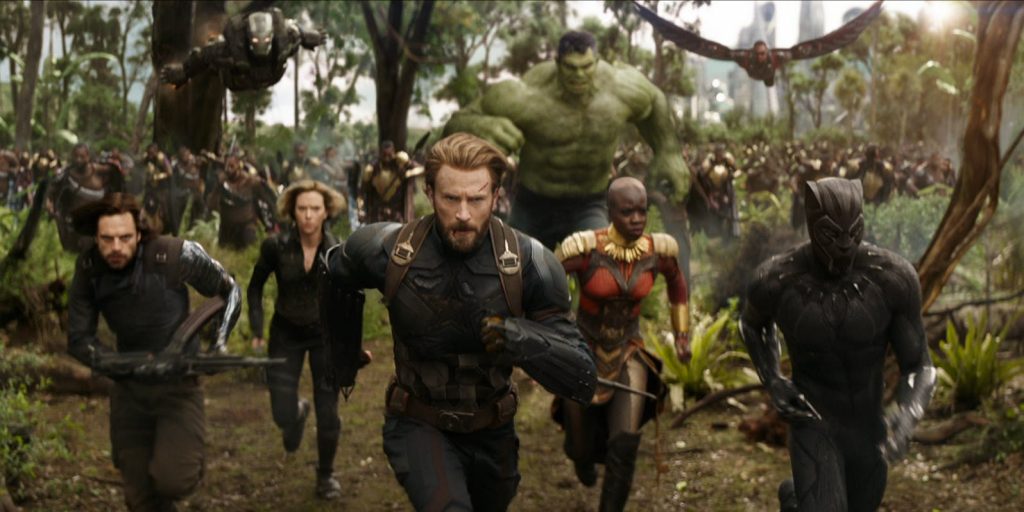
2 Hours and 29 Minutes (PG-13)
Marvel and The Russo Brothers had a very daunting task before them. Paying off the culmination of a decade of build-up and backstory, stretching over 18 films, is a challenge unlike any studio or director in Hollywood had ever faced. And to accomplish this feat, they worked with what has to be the largest cast of known stars ever assembled for a movie. The ambition of Marvel and its commitment to the cinematic universe it pioneered is worthy of praise and respect.
If there’s one thing I was looking for in Avengers: Infinity War, it was raised stakes. Much like the comic books these films are based on (in which characters rarely die and cities are destroyed without much afterthought), Marvel films have not fully dealt with loss in a way that seems realistic. Right from the start of Infinity War, though, Marvel makes it very clear that has changed. The potential consequences of a Thanos (Josh Brolin) victory are evident and the film progresses with an emotional weight and sense of urgency that it could not have attained if the studio followed its same old formula. This also creates much more investment in characters and the worlds they inhabit, and thus pays off quite a few very moving scenes in a much bigger way. If you haven’t cried in a Marvel movie before, you’re not alone, but this may be your first. I had genuine chills a few different times. But don’t worry, that trademark Marvel humor and witty one-liners are still there and won’t have you depressed for too long at a time.
Another area that Marvel outdoes previous films in their own franchise is with Thanos himself. Make no mistake, this is his film and his story. He is a fully developed villain with more screen time than any before him, and it helps to create a character with whom the audience can both despise and yet struggle with feelings of empathy for. Brolin’s talent is very obvious in this performance despite the incredible looking CGI that encompasses him. His Thanos is not just some loud, angry, destructive villain. He is intelligent and calculating. He is nuanced. He is cold, yes, but when he gives his reasons for what he wants to do with the Infinity Stones and why, in a very warped way it makes some sense. His presence as the foil to the Avengers and Guardians gives this film something unique and memorable.
With a cast this large it is inevitable that not everyone’s favorite will have the responsibility or amount of action they hope for. The Russo’s do an admirable job of balancing these heroes, however, and somehow left me feeling satisfied. Sure, a little more backstory or deeper character moments for them all would be nice, but it’s also unrealistic to expect in a single film of this length. By managing to give everyone at least one small moment in the sun, the Russo’s succeed where I believe many would have failed. Another result of keeping most character development small is that the film moves fast, pausing a few times for majorly impactful storyline beats, but mostly cutting between different groups of heroes working to accomplish different tasks. By keeping the heroes in smaller groups, we get to feel more focused when we’re with them, and enjoy the new forms of dialogue that emerge between characters who previously had not interacted.
The action in Avengers: Infinity War is, as expected, fantastic. Seeing heroes fight together with new gear and weapons, or teaming up in ways never experienced by movie goers before, was a huge treat. In one major battle that involves a host of heroes and countless alien attackers, the Silvestri score and rising stakes create a feeling similar to that in the Battle of the Pelennor Field from The Return of the King. While Avengers: Infinity War never quite reaches that level of epic, it comes much closer than many (myself included) ever thought possible.
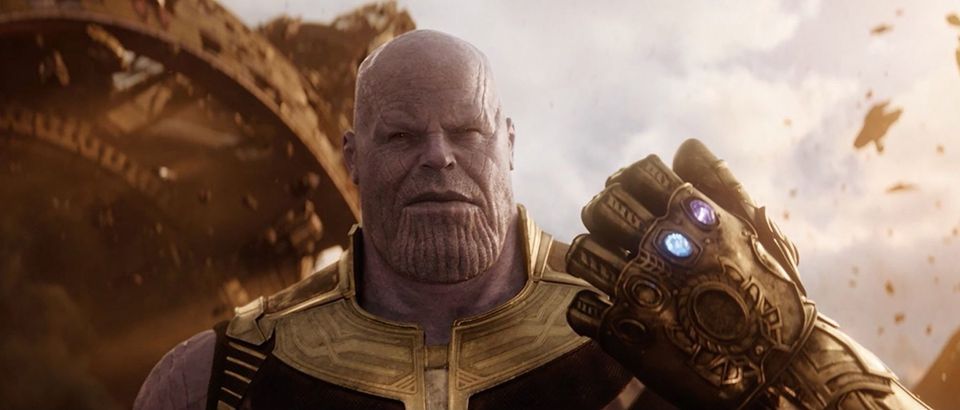
VERDICT
If you’re thinking that this review is a but vague, please know that is by design. Fans have waited 10 years for this and going in with as little information possible is going to result in the best viewing experience. Avengers: Infinity War isn’t entirely unpredictable, but it’s got some surprises too. The historic puzzle that the Russo Brothers have put together is nothing short of amazing and will lend itself to multiple viewings. Perhaps that’s the highest praise possible for a film of this kind, that after it finished I immediately would have sat through those 2.5+ hours again. To sum it all up, Avengers: Infinity War lived up to the hype by being both entertaining and emotional. Well done, Marvel. Well done.
Rating:
 Aaron White is a Seattle-based film critic and co-creator/co-host of the Feelin’ Film Podcast. He is also a member of the Seattle Film Critics Society. He writes reviews with a focus on how his expectations influenced his experience. Follow him on Facebook and Twitter to be notified when new content is posted.
Aaron White is a Seattle-based film critic and co-creator/co-host of the Feelin’ Film Podcast. He is also a member of the Seattle Film Critics Society. He writes reviews with a focus on how his expectations influenced his experience. Follow him on Facebook and Twitter to be notified when new content is posted.

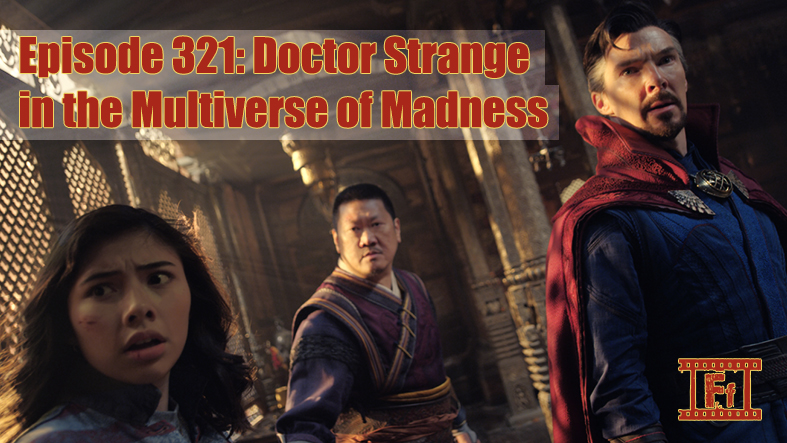
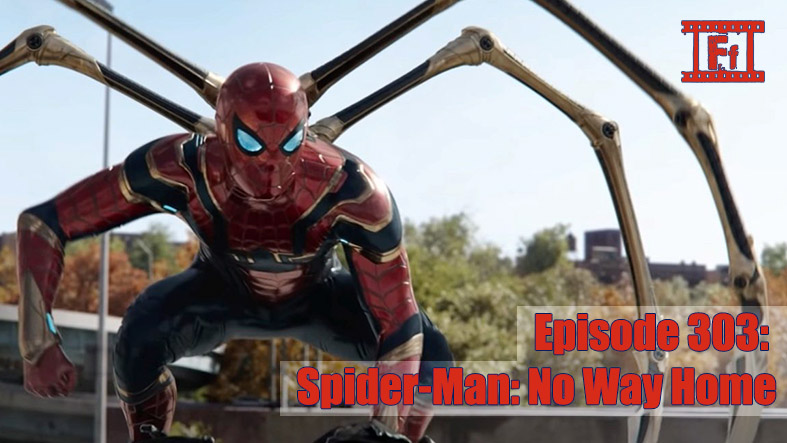
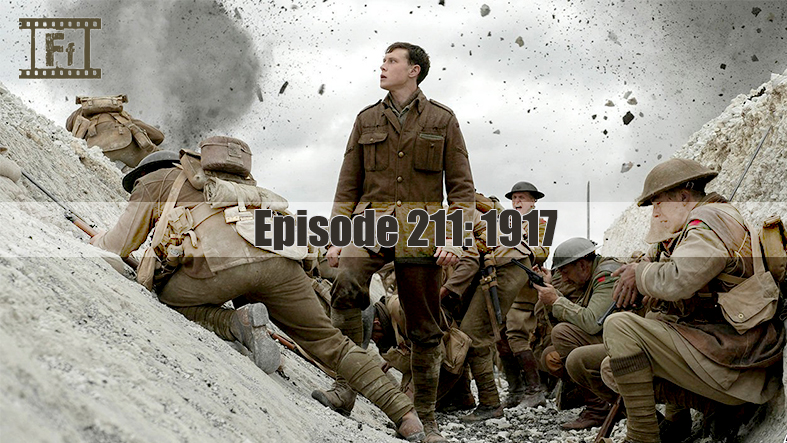

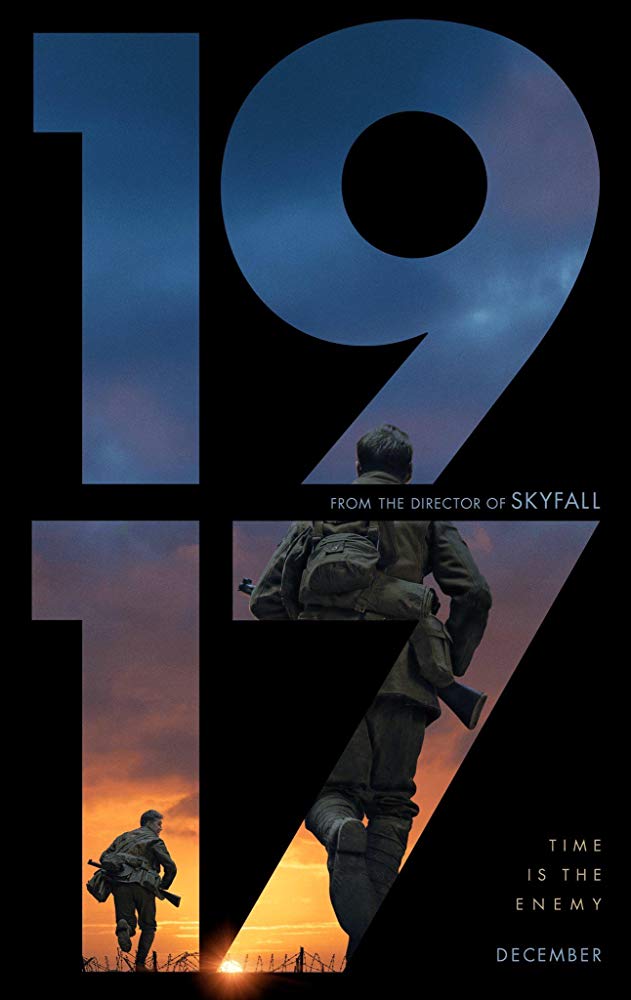
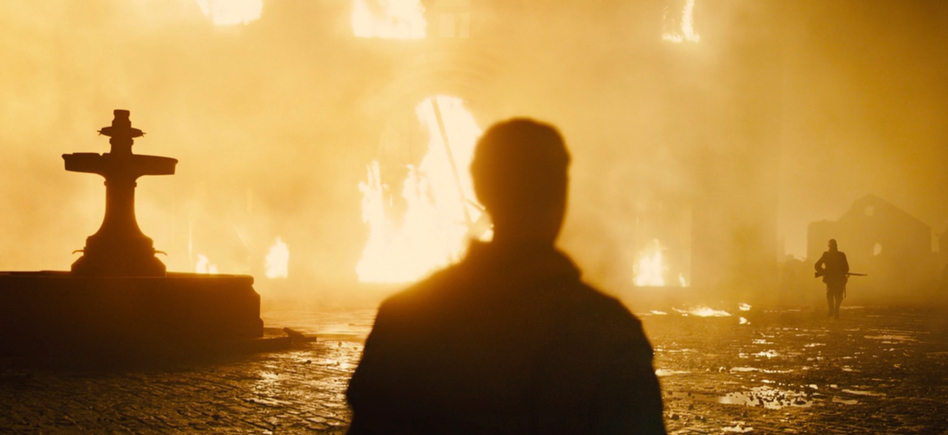


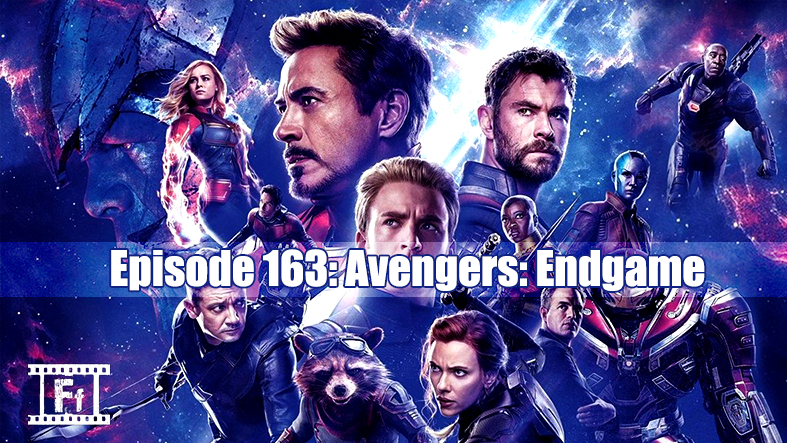
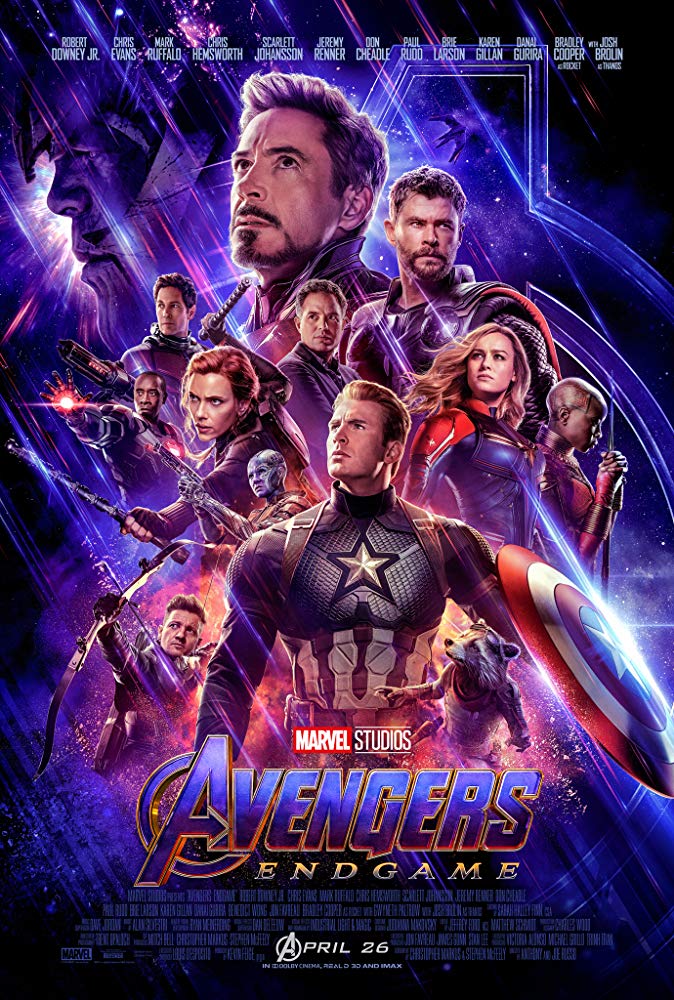
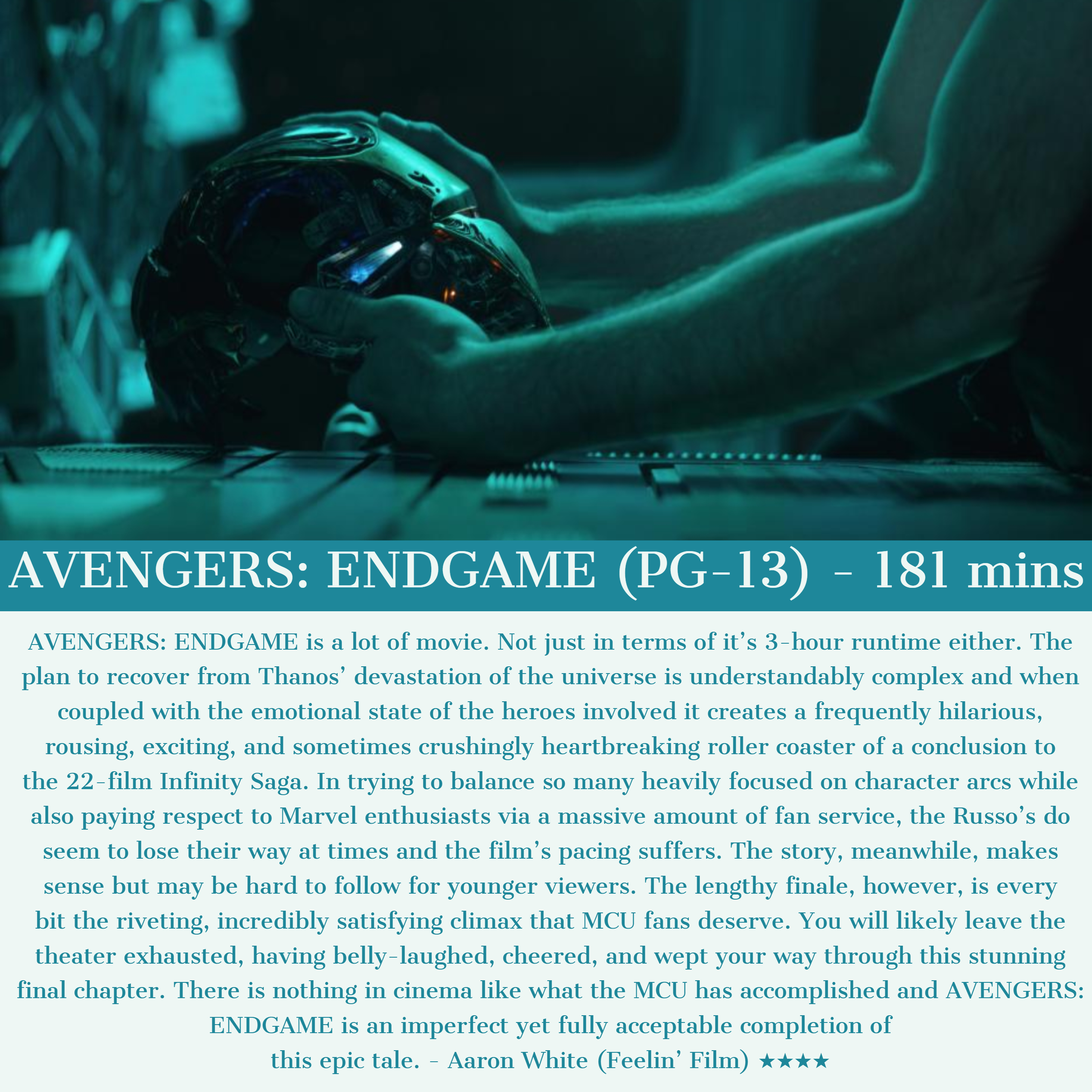


 Aaron White is a Seattle-based film critic and co-creator/co-host of the Feelin’ Film Podcast. He is also a member of the
Aaron White is a Seattle-based film critic and co-creator/co-host of the Feelin’ Film Podcast. He is also a member of the 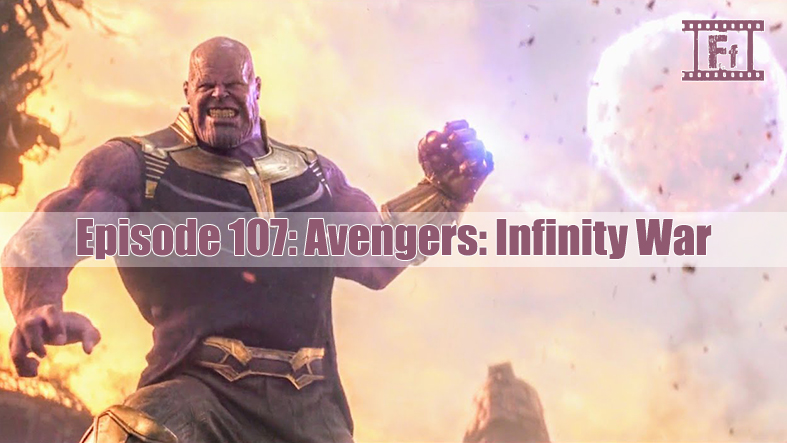



 Aaron White is a Seattle-based film critic and co-creator/co-host of the Feelin’ Film Podcast. He is also a member of the
Aaron White is a Seattle-based film critic and co-creator/co-host of the Feelin’ Film Podcast. He is also a member of the 
 DON SHANAHAN is a Chicago-based film critic writing on his website
DON SHANAHAN is a Chicago-based film critic writing on his website